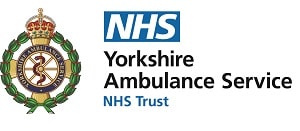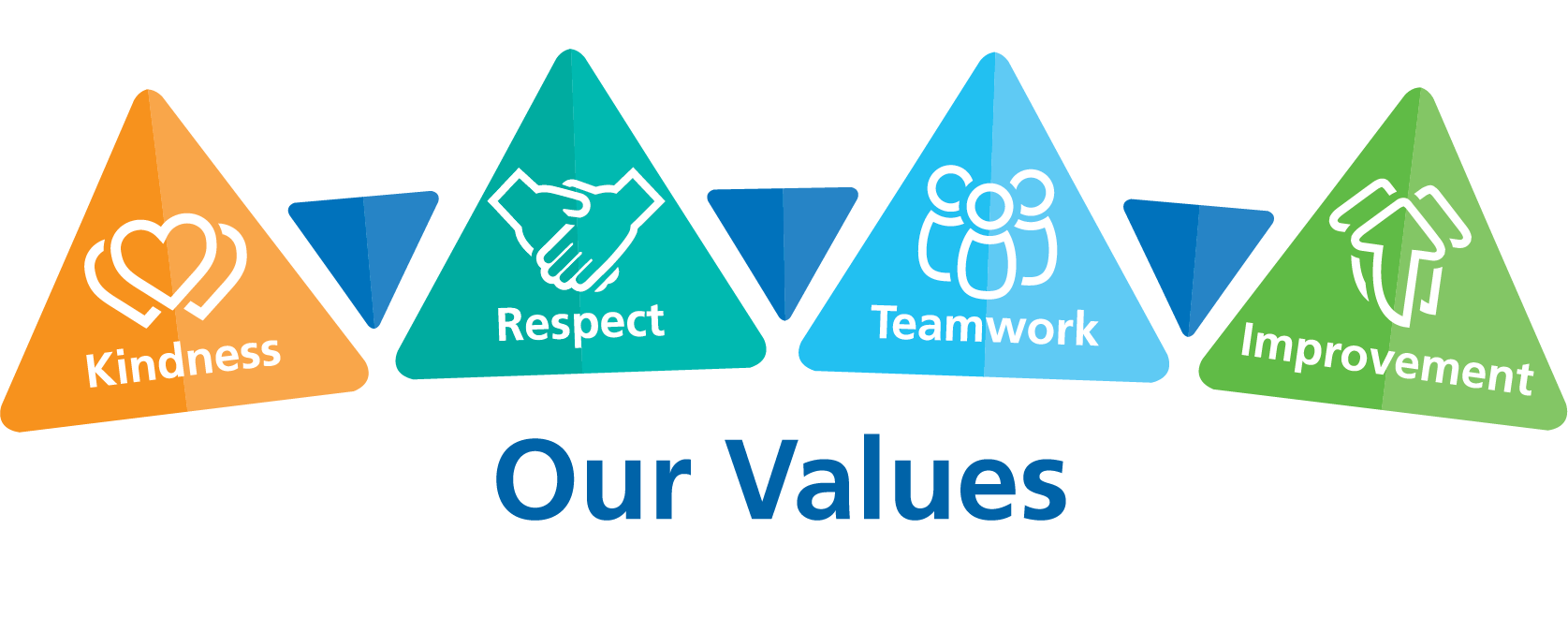What happens when you call 999?
When you call 999, an operator will ask you which emergency service you require. In a medical emergency, ask for the ambulance service and you will be put through to one of our call takers.
Initially, you will be asked four questions:
- Is the patient is breathing?
- What address are you calling from?
- What number are you calling from? (so we can call you back if you get cut off)
- What is the reason for your call?
Key words are quickly identified to indicate a life-threatening emergency so we can arrange help at the earliest opportunity; this will be happening in the background while you are talking to our call taker. Asking these questions will not delay our response.
Further questions are then asked to help identify the severity of the patient’s condition so the incident can be prioritised and the most appropriate response provided.
If an ambulance is dispatched, we may also send a volunteer community first responder (CFR) who can get to the scene before the ambulance to provide immediate care.
If the patient's condition is not immediately life-threatening, you may be referred to our Clinical Hub which is made up of nurses, paramedics and mental health clinicians. They may call you back to do further assessments and to offer additional medical advice.
If an ambulance is not dispatched, you may be advised to seek other medical help, such as visiting your local minor injury unit, walk-in centre or GP surgery.
Calls fit into the following categories which determine the speed and type of response:
Category 1 (7 minutes) – Life-threatening injuries and illnesses
Cardiac arrest, serious allergic reaction
In the majority of cases the patient will be taken to hospital.
Category 2 (18 minutes) – Emergency calls
Stroke, difficulty breathing, chest pains
In the majority of cases the patient will be taken to hospital, usually the nearest emergency department (ED) but sometimes the nearest ED will be bypassed so they can be taken to a specialist unit for the best care.
Category 3 (90% within 120 minutes) – Urgent calls
Late stages of labour, non-severe burns, diabetes
In some instances patients may be treated by ambulance staff in their own home.
Category 4 (90% within 180 minutes) – Less urgent calls
Diarrhoea and vomiting, urine infections
In some instances patients may be given advice over the telephone or referred to another service such as a GP or pharmacist.
What happens if you don’t speak English?
If English isn't your first language, we can provide confidential interpreters within minutes of taking your 999 call. All you need to do when you call 999 is state in English the language you would prefer to use, then wait on the line until you are connected to an interpreter who will work alongside the 999 call handler to provide you with the help you need.

